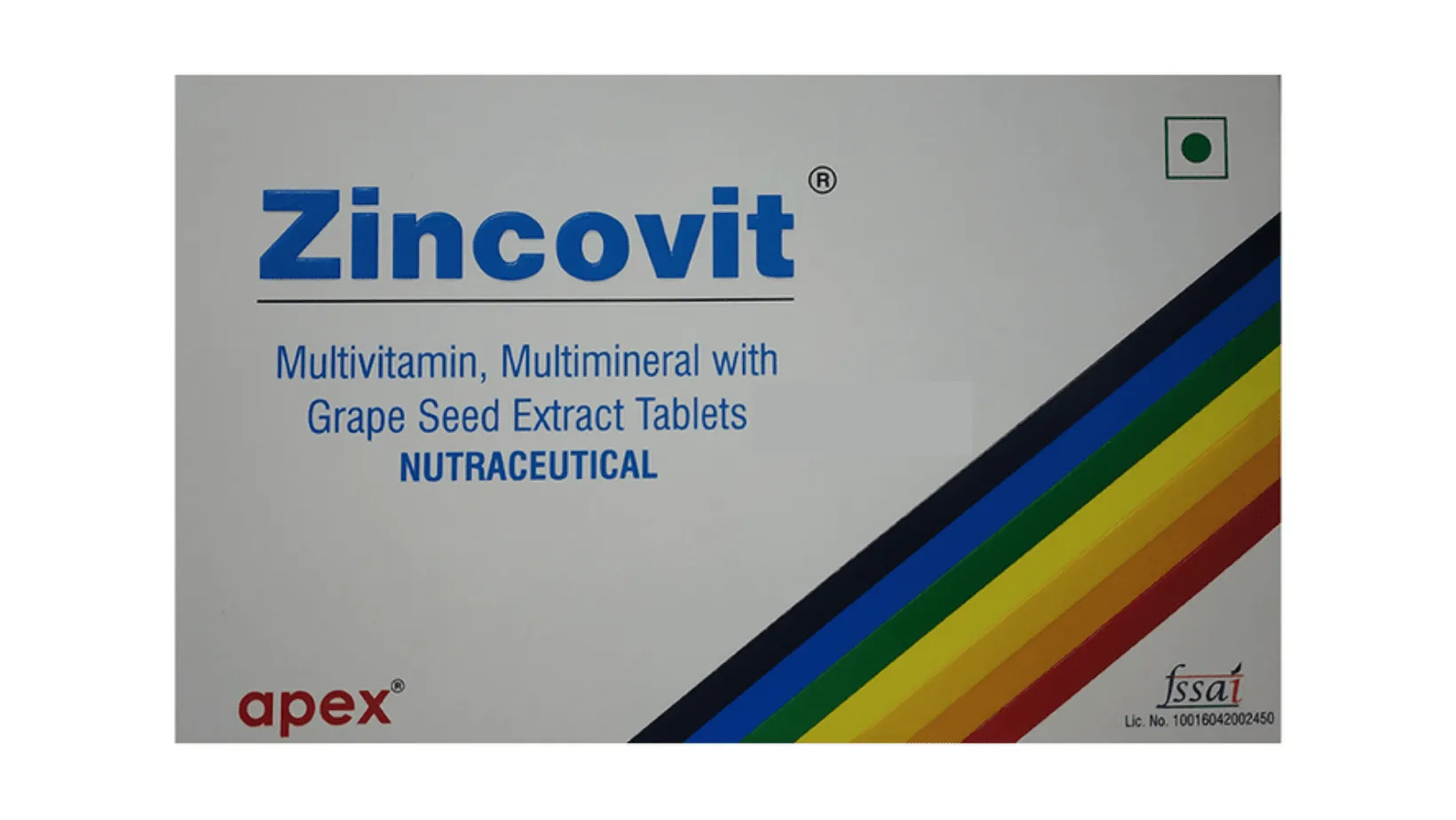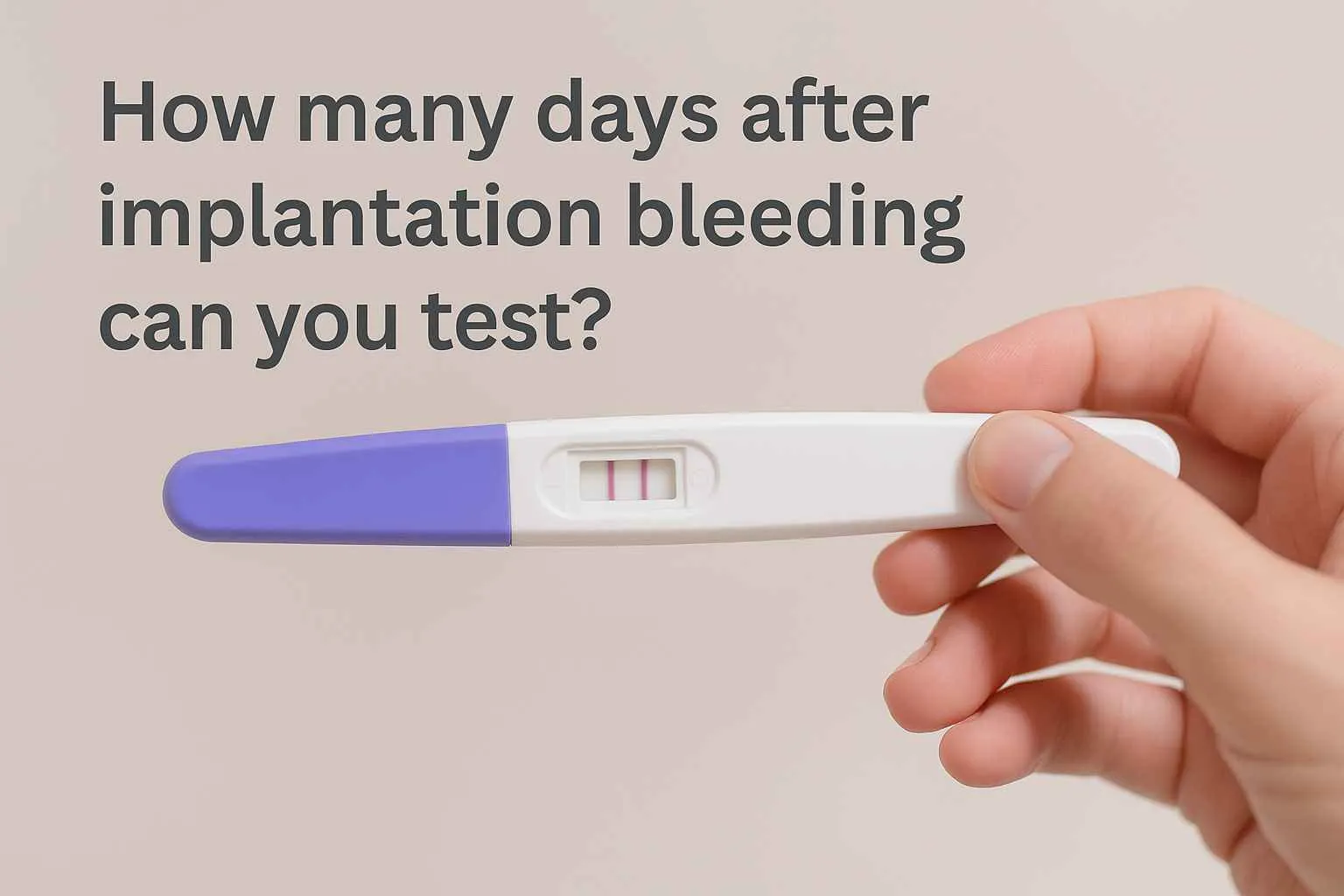Deciding to expand your family evokes feelings of excitement and hope as becoming parents is something that many couples desire. What’s often discovered is the journey to conception isn’t always straightforward, causing some couples to become confused, overwhelmed, frustrated, and even discouraged. Although everyone’s conception experience is different, one of the most effective ways to reduce your angst is to develop a better understanding of your fertility and identify the best steps to conceive.
Not sure where to start? Continue reading to learn about the latest fertility support and resources to help couples prepare for the most important experience of their lives.
What’s Your Fertility Status?
The first step is understanding your fertility status. Knowing if you’re fertile and when you’re most likely to conceive can increase your chances of getting pregnant. Luckily, there’s no need to schedule an appointment with a doctor or fertility specialist. Thanks to advancements in medicine, science, and technology, couples can take the first step online. Begin by ordering at-home fertility tests for men and women.
These tests provide insight into your reproductive health by analyzing key factors like hormone levels and sperm quality. You take the test, send it to the designated testing facility, and receive the results in your inbox. The results equip couples with the insight they need to determine the next steps towards growing their family. Those with accurate hormone levels and sperm quality are now empowered by the news that they’re fit to try to conceive. Couples with unfavorable findings from the fertility test should consult a healthcare provider for more extensive testing, evaluation, diagnosis, and treatment options.
Seek The Help of A Fertility Specialist
The next step for couples with unfavorable results from the fertility tests or individuals who have been trying for more than a year to conceive (unsuccessfully), is visiting a fertility specialist. These are healthcare providers that specialize in reproductive health for men and women. As you learn more about your status, get answers to your questions, and receive a comprehensive plan on the next steps, it makes the process less daunting and easier to manage.
They will address your concerns, evaluate your lifestyle and medical history, and conduct a series of tests to identify problems. Based on the findings, your fertility specialist will recommend the best course of action and assist you with creating a personalized conception plan. The plan for some couples may be lifestyle changes like proper nutrition, exercise, improved sleep, and reduced stress. Other couples may need to consider fertility treatments ranging from medications and injections to corrective surgeries.
Understanding Fertility Treatments
Unfortunately, basic recommendations such as lifestyle changes may not lead to conception. A Create fertility specialist may recommend that you consider treatments like Intrauterine Insemination (IUI) and In Vitro Fertilization (IVF).
IUI is the least invasive option. In this procedure, the sperm is injected directly into the uterus during ovulation, which greatly increases the chances of fertilization. IVF, however, is a procedure that combines the sperm and egg outside of the body and places them in the “ideal environment” in a lab to wait until the egg has been fertilized. Once the embryos form, they are transferred back to the uterus.
A fertility specialist can help you further understand the differences between the procedures and other factors including costs and success rates. They can provide guidance on which method they believe would be most effective based on your medical history, test results, age, and infertility diagnosis enabling you to make an informed decision on which route you’d like to take.
Beyond Medical Intervention
Whether you’ve been given the green light on your reproductive health or you’re considering one of the above fertility treatments, making and sustaining healthy lifestyle changes is essential to your goal of growing your family. You’d be surprised at how factors like what you eat, your physical activity, stress levels, and exposure to toxins can impact your ability to conceive. Evaluate each of these areas and make positive changes whether it’s eating more fruits and vegetables, exercising several times a week, breaking bad habits, and reducing stress.
Your emotional well-being can also impact fertility. As this journey is filled with emotional highs and lows, it’s equally important to have a strong support system in place. Whether you talk to your family, friends, a therapist, or join a support group, having that source to share your experiences with can make a world of difference.
Discovering The Future of Fertility
No matter where you are in your conception journey, you should find comfort in knowing that the future of fertility looks promising. Every day medicine, science, and technology are advancing to cultivate innovations ranging from improved IVF techniques and gene editing to egg and sperm freezing, keeping the hope alive for couples wishing to conceive.
Starting or expanding your family is a unique experience for everyone. It’s likened to a rollercoaster taking you on twists and turns of thrill, hope, and excitement to stress, anxiety, and discouragement. Although there is no straightforward path or solution for individuals ready to start a family, understanding fertility and capitalizing on the resources listed above can make the experience more manageable.
Reviewed by







